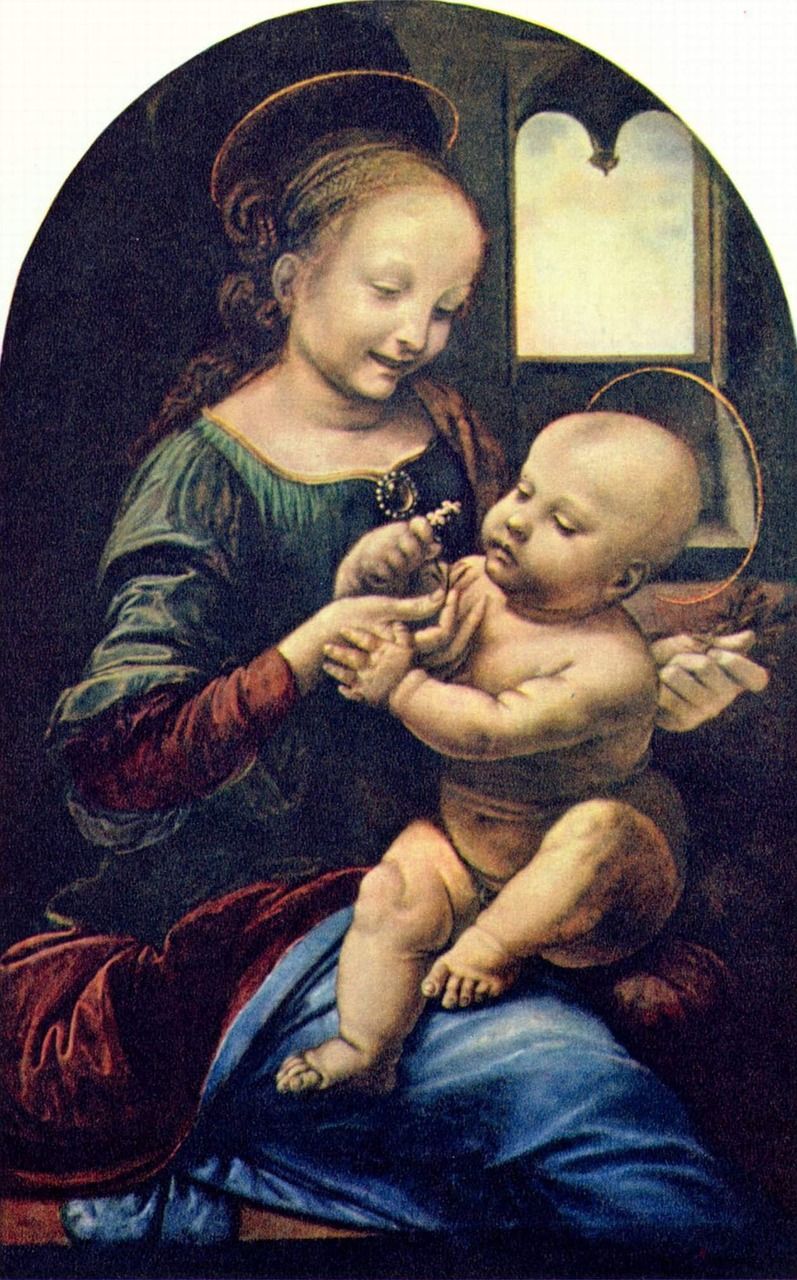Franz Kafka Books: A Journey Into the Mysterious World of Kafkas Literature

Introduction:
Franz Kafka, an enigmatic and influential figure in the world of literature, is renowned for his thought-provoking and existential works. This article aims to provide a comprehensive understanding of Franz Kafka’s books, shedding light on their significance, historical development, and their enduring appeal for art enthusiasts and collectors. Whether you are new to Kafka’s writings or a seasoned reader, this exploration will serve as a guiding tool to delve into his mesmerizing literary universe.
I. Franz Kafka Books – An Overview:

Franz Kafka, born in 1883, was a German-speaking Jewish novelist and short story writer. Kafka’s literary corpus primarily encompasses three main works: “The Trial”, “The Castle”, and “The Metamorphosis”. These books, along with his shorter stories, offer a profound insight into the complexities of the human condition, exploring themes of identity, alienation, bureaucracy, and existential angst. Kafka’s unique style and his ability to capture the absurdity of life have secured him a distinctive place in the literary canon.
1. “The Trial”:
One of Kafka’s most renowned works, “The Trial” tells the story of Josef K., a man arrested and prosecuted by an unknown authority. Through an intricate narrative, Kafka exposes the oppressive nature of the legal system and dives deep into the psychological turmoil experienced by Josef K. This novel unravels Kafka’s exploration of guilt, fear, and the concept of an unknowable higher power controlling our lives.
2. “The Castle”:
In “The Castle,” Kafka delves into the theme of alienation and the futile pursuit of recognition and belonging. The protagonist, known as K., arrives in a village dominated by an inaccessible castle. As K. strives to gain access to the castle and understand its mysterious bureaucracy, the story unfolds into a surreal and introspective journey. Kafka expertly weaves themes of powerlessness and the struggle against an ambiguous authority into this captivating novel.
3. “The Metamorphosis”:
A masterpiece that has captivated countless readers, “The Metamorphosis” tells the story of Gregor Samsa, a man who wakes up one morning transformed into a giant insect. This novella explores themes of alienation, social isolation, and the disintegration of identity. Kafka’s remarkable ability to depict the absurdity of life through this unconventional premise renders “The Metamorphosis” a powerful reflection on the human condition.
II. Historical Development of Franz Kafka Books:
Franz Kafka’s books were initially published in the early 20th century, but it was after his death in 1924 that his works gained recognition and acclaim. Max Brod, Kafka’s close friend, disregarded Kafka’s dying wish to burn his unpublished manuscripts, and instead, he edited and published them, introducing Kafka’s genius to the world.
1. Reception and Influence:
During Kafka’s lifetime, his works received limited attention and recognition. However, after their posthumous publication, Kafka’s unique literary style and his ability to capture the inner struggle of individuals resonated with readers worldwide. Influencing notable writers like Albert Camus and Jean-Paul Sartre, Kafka’s books became increasingly celebrated for their existential depth and their ability to challenge societal norms.
2. Translations and Worldwide Impact:
Kafka’s writings were initially published in German, but they have been widely translated and reached a global audience. This expansion facilitated the exploration and interpretation of Kafka’s literature across different cultures and languages. Today, Franz Kafka’s books are recognized as seminal works of world literature, constantly inspiring new generations of readers, scholars, and artists.
III. Featured Snippet: Key Takeaways and Notable Aspects of Franz Kafka’s Books
:
To enhance the probability of this article appearing as a featured snippet on Google search results, let’s present the following key takeaways as bulleted points:
– Franz Kafka’s books, including “The Trial,” “The Castle,” and “The Metamorphosis,” offer a captivating exploration of the human condition, featuring themes of identity, alienation, and existential angst.
– “The Trial” delves into the oppressive nature of the legal system and the psychological turmoil experienced by the protagonist.
– “The Castle” revolves around the futile pursuit of recognition and the struggles of an individual against an ambiguous authority.
– “The Metamorphosis” depicts the odd transformation of Gregor Samsa into a giant insect, emphasizing themes of alienation and social isolation.
– Kafka’s literary works gained recognition after his death thanks to his close friend Max Brod, who defied Kafka’s wish to destroy his unpublished manuscripts.
– Kafka’s unique style and his ability to capture the absurdity of life have had a significant influence on writers and thinkers, inspiring existentialism and challenging societal norms.
– Franz Kafka’s books have been extensively translated, allowing readers across the globe to engage with his thought-provoking literature.
Conclusion:
Franz Kafka’s books offer a mesmerizing journey into the human psyche, inviting readers to reflect upon the complexities of existence and the struggles of individuals caught in powerful systems. With his profound illustrations of the human condition, Kafka’s works continue to captivate and inspire art enthusiasts and collectors worldwide. By immersing yourself in the intricate narratives and visionary prose of Kafka, you embark on a transformative exploration of the boundaries and mysteries of life.